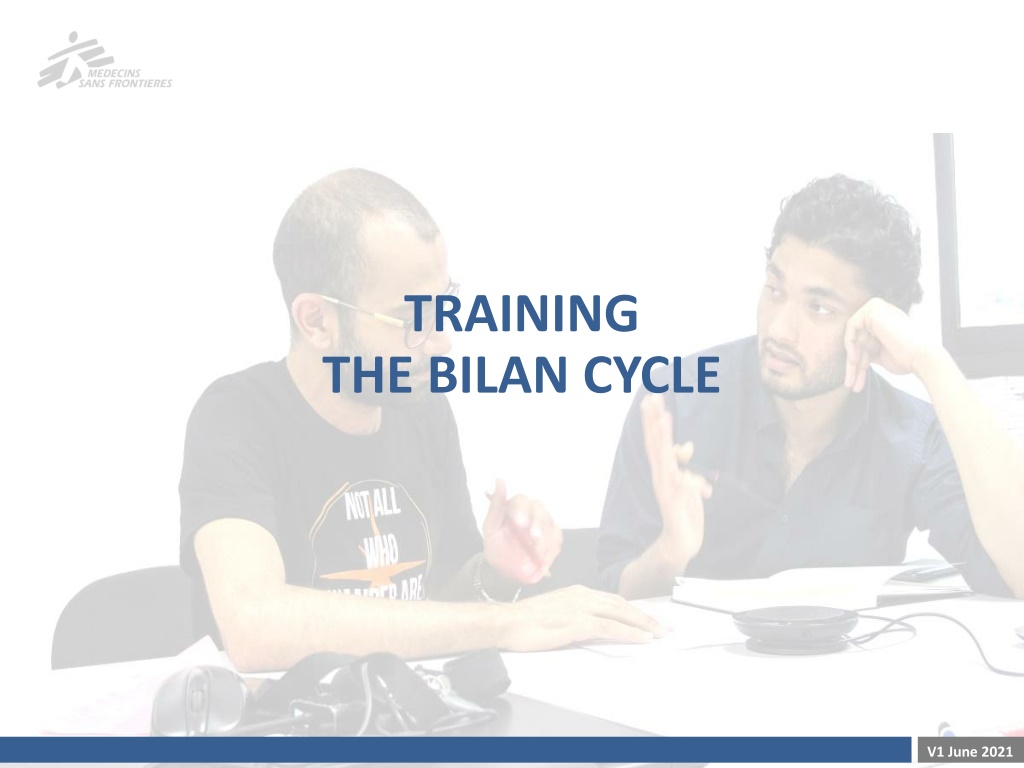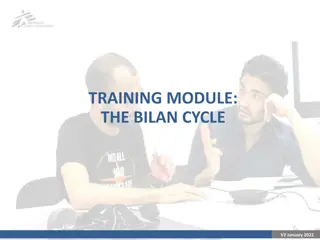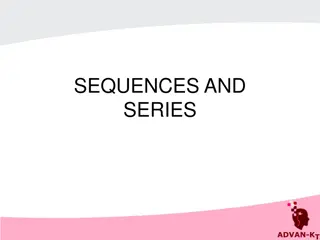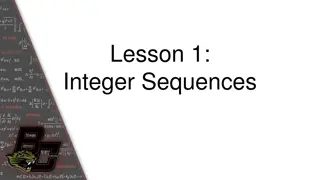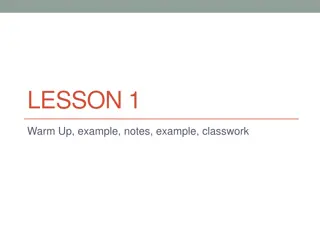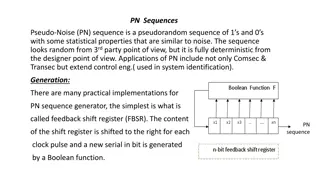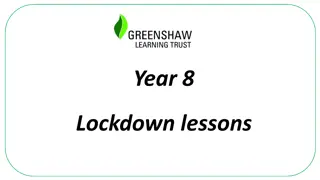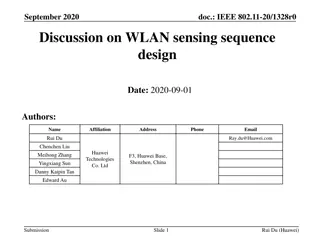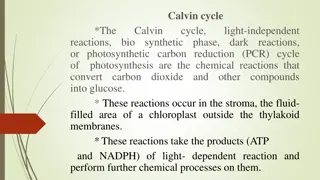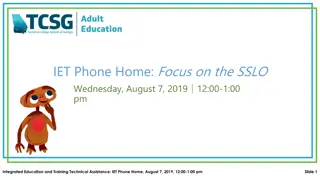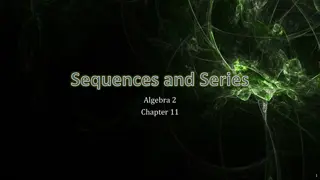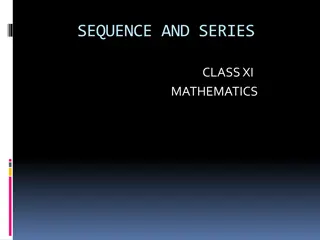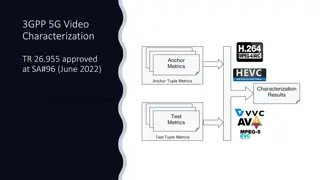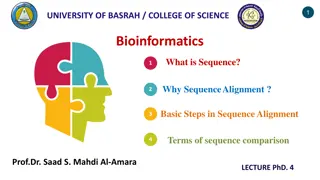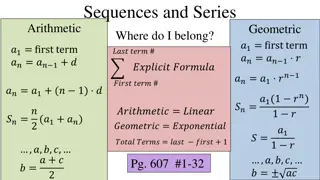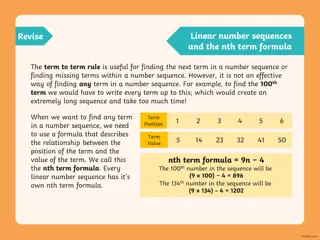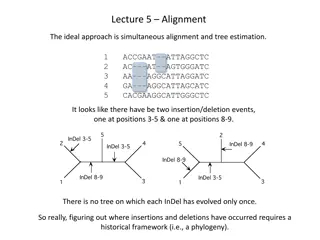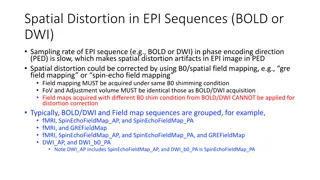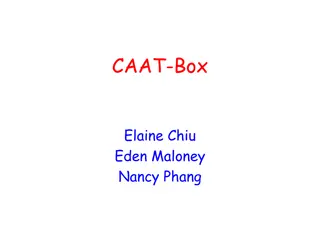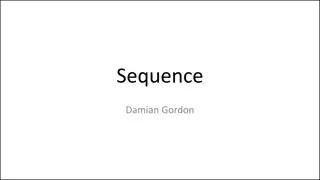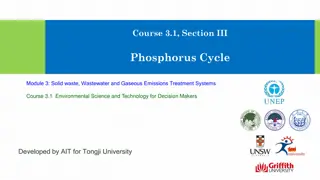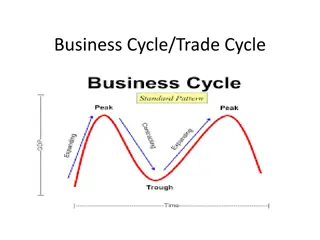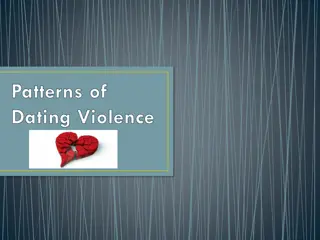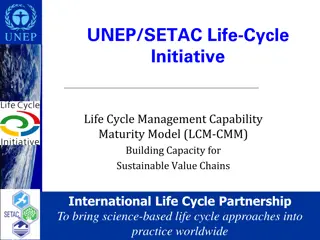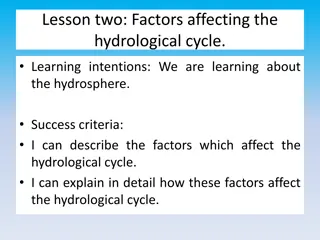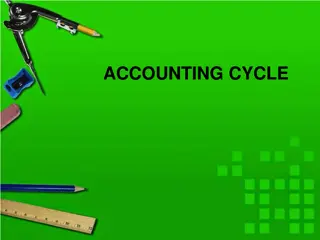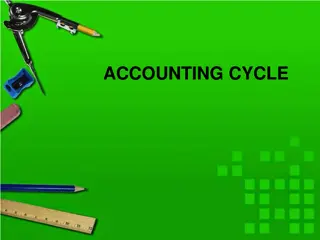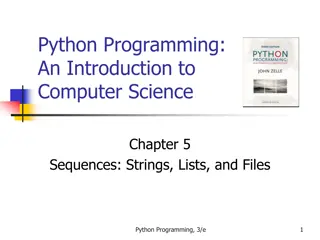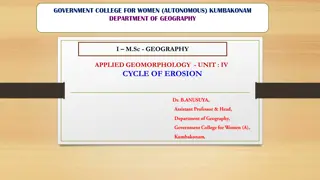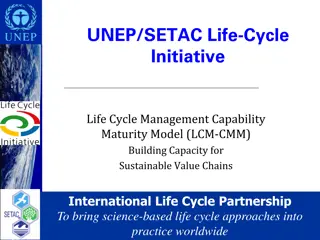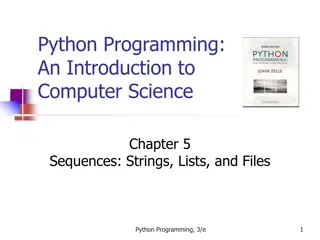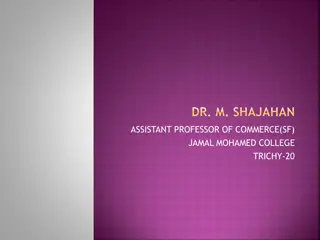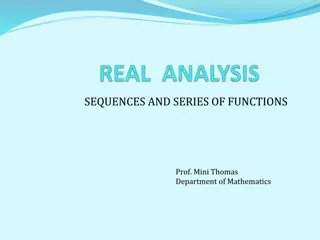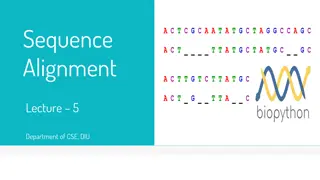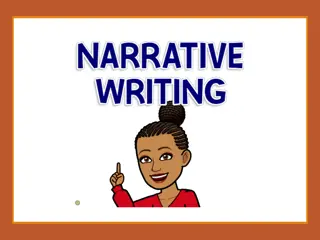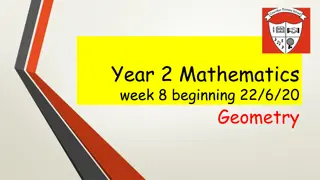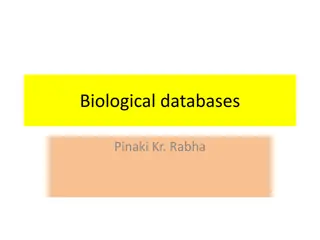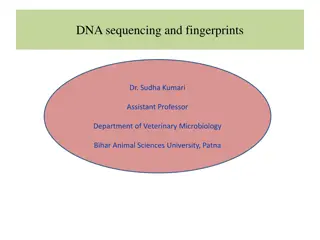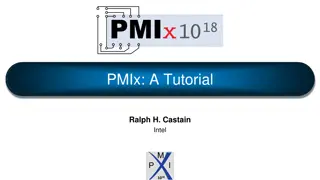Training the Bilan Cycle - Objectives, Program, and Sequences
Explore the objectives of the new Bilan cycle, roles of employees and managers, support needed, impact elements, and development options. The training program includes introduction, ice-breaking activities, learning origins of Bilan, and expressing perceptions about existing reviews.
Download Presentation

Please find below an Image/Link to download the presentation.
The content on the website is provided AS IS for your information and personal use only. It may not be sold, licensed, or shared on other websites without obtaining consent from the author. Download presentation by click this link. If you encounter any issues during the download, it is possible that the publisher has removed the file from their server.
E N D
Presentation Transcript
TRAINING THE BILAN CYCLE V1 June 2021
TRAINING OBJECTIVES Identify the objective of each of the three stages of the new Bilan cycle Identify the role of the employee and the role of the manager in the new Bilan Identify which responsibilities I find easiest to carry out, which are the most difficult for me, and what support I will need at the beginning of the cycle Identify the elements that have had an impact on the completion of my activities and determine possible Une organisation internationale ind pendante, m dicale, humanitaire, d urgence, fond e en 1971 par des m decins et des journalistes development options
TRAINING PROGRAM PART ONE - 1h45 BREAK - 15 min PART TWO - 1h20 Une organisation internationale ind pendante, m dicale, humanitaire, d urgence, fond e en 1971 par des m decins et des journalistes
SEQUENCE 1 Presentation of the participants/facilitators Introduction of the topic: where does the new Bilan come from?
BREAKING THE ICE You are in four groups Preparation: 5 min Each group decides on its group name Presentation: 5 min You can say the name of your group or ask the other groups to guess it, by miming for Une organisation internationale ind pendante, m dicale, humanitaire, d urgence, fond e en 1971 par des m decins et des journalistes example.
WHERE DOES THE NEW BILAN COME FROM? The OCP s Learning & Development Philosophy The OCP s management vision: Ways of Working Specificity of the working environment at MSF Evaluation of the old system New Bilan
SEQUENCE 2 Expressing their perceptions about the existing Individual Review Une organisation internationale ind pendante, m dicale, humanitaire, d urgence, fond e en 1971 par des m decins et des journalistes BROUILLON
PERCEPTIONS As a group, answer the two questions written on the paperboard: What you don't like about the current Individual Review What you like about the current Individual Review Une organisation internationale ind pendante, m dicale, humanitaire, d urgence, fond e en 1971 par des m decins et des journalistes in 10 minutes A spokesperson will present the group's work
SEQUENCE 3 The philosophy behind the Bilan cycle La philosophie du nouveau bilan Les tapes du cycle du bilan The Bilan cycle The steps and roles in the Bilan cycle BROUILLON
PHILOSOPHY Develop practical wisdom in a changing environment Reflect on how they do their job: employee analysis of the elements that have an impact on their work The employee is at the centre and the manager supports them No more evaluation, now it is time for professional development
THE STEPS OF THE BILAN CYCLE 3 BILAN DISCUSSION 1 PERIOD PREPARATION BILAN CYCLE 1 cycle = 1 year or 1 assignment 2 ONE-ON-ONE MEETINGS
STEP 1: PERIOD PREPARATION SUMMARY SUPPORT ROADMAP + + = CLEAR DEFINITION OF THE WORK FRAMEWORK ESSENTIAL ELEMENT OF THE ENVIRONMENT
STEP 2: ONE-ON-ONE MEETINGS Every month or every two or three months depending on needs and possibilities Support received versus support expected What helped me / what caused me difficulties
STEP 3: THE BILAN DISCUSSION With the help of my manager: I analyse how the work went during the year I summarise what went well and what I would like to do differently in the future I identify what I need for my professional development
SEQUENCE 4 Period prepation: Identify: - The responsibilities that I find easiest to carry out - The responsibilities that are the most difficult for me
VIDEO 1 - INSTRUCTIONS Watch the video (3 min) and then answer the following questions: - Which responsibility(ies) does the employee find easiest to carry out? - Which responsibility(ies) are the most difficult for the employee and what support do they need? - What is the reason for their initial reluctance to talk about their difficulties?
VIDEO 1 - DEBRIEFING - Which responsibility(ies) does the employee find easiest to carry out? - Which responsibility(ies) are the most difficult for the employee and what support do they need? - What is the reason for their initial reluctance to talk about their difficulties?
REFLECTION Identify (individually in writing or orally in pairs): - The responsibilities of your job descriptions that you find easiest to carry out - The ones that are the most difficult for you - The support you need
SEQUENCE 5 The elements that may have an impact on the completion of our activities
QUESTION Answer the following question as a group, one person will write down your answers and a spokesperson will share them with everyone: In your daily work, what do you think makes you feel at ease or contributes to difficulties? Think as much about what comes from you as what comes from your working environment.
REFLEXIVITY Being able to act (environmental elements) Knowing how to act (resources of the person) Roles and responsibilities Knowledge (theoretical) Tools and processes Know-how (practical) Workload Emotional resources Team
SEQUENCE 6 Reflexivity in practice and development options BROUILLON
VIDEO 2 - INSTRUCTIONS Watch the video (3 min) and then answer the following questions: - Which responsibilities the employee found easiest to carry out and what helped them? - Which responsibilities were most difficult for the employee and what contributed to these difficulties? - According to the employee, what support would they need and what improvements would they consider implementing?
VIDEO 2 - DEBRIEFING - Which responsibilities the employee found easiest to carry out and what helped them? - Which responsibilities were most difficult for the employee and what contributed to these difficulties? - According to the employee, what support would they need and what improvements would they consider implementing?
REFLECTION Based on your previous analysis (in Sequence 4) or on other concrete examples of work situations you have experienced, determine (individually or in pairs): - What made certain responsibilities difficult for you (5 min) - What support you could ask for and what action(s) you think should be considered to help you with these difficulties (5 min)
SEQUENCE 7 Conclusion Summary Identify the key messages of the training... using games!
SUMMARY 3 BILAN DISCUSSION 1 PERIOD PREPARATION BILAN CYCLE 2 ONE-ON-ONE MEETING
INSTRUCTIONS You are divided into four groups, each group appoints a spokesperson We are going to propose four successive questions Discuss together to choose the answer (two possible answers) On the facilitator's signal (2 minutes), the spokesperson from each group gives the answer using the coloured cards
QUESTION 1 The purpose of the new Bilan is: To evaluate the person To help the employee in their professional development
QUESTION 2 During the Bilan discussion, the person who speaks the most is: The employee The manager
QUESTION 3 In the new Bilan cycle: employee should provide them with The manager identifies the support the they would need The employee identifies the support
QUESTION 4 The analysis of my own experience makes it possible to: Identify the factors that have an impact on the completion of my activities and determine actions for improvement to act on these factors Know if I am good or bad
IMPLEMENTATION OF THE NEW BILAN IN THE MISSION
WELL DONE AND THANK YOU FOR YOUR ATTENTION!
